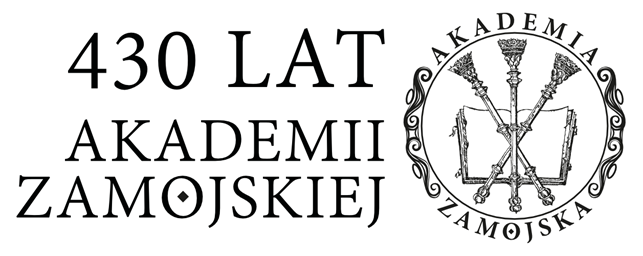Factors Differentiating Expected Compensation Level for Limiting Usage of the National Park of Wielkopolska
Adam Zydroń
Dariusz Kayzer
Krzysztof Szoszkiewicz
Abstract
The aim of this study was to determine the factors differentiating expected compensation for limiting the National Park of Wielkopolska usage. Source materials for investigations concerning this problem were collected in the form of a standardised interview conducted in the years 2012–2013 among inhabitants of towns of the communes, in which NPW is located, as well as inhabitants of the city of Poznań, adjacent to these communes. The scope of the study comprised an analysis of material collected from 577 respondents during standardised interviews. The questionnaire consisted of three parts. The first part comprised questions concerning general information on NPW (the state of knowledge, frequency of visits, importance of NPW for visitors, preferred forest site type ). The second part included questions concerning willingness of the respondents to incur expenses to benefit the natural environment (voluntary allocation of money for the possibility to use the nature value of NPW or potential compensation for the lack of access to the Park, alternatively if the respondent did not declare any amount of money, would they be willing to work as volunteers for the Park ). The third part covered socio-economic characteristics of respondents (sex, age, profession, net income per member of the household, education, place of residence ). The logit model was applied to determine factors modifying willingness to incur expenses for the benefit of the Park. The obtained results show that the highest expectations for the compensation received for the use of the National Park of Wielkopolska are revealed by low income older local population which rarely visiting the Park.
Keywords:
environmental resources evaluation, logit analysis, contingent valuation methodMost read articles by the same author(s)
- Adam Zydroń, Olga Pruchlat, Determination of the Social Value of the National Park Travel Cost Method , Regional Barometer. Analyses & Prognoses: Vol. 12 No. 4 (2014)
- Adam Zydroń, Anna Zbierska, Piotr Szczepański, The Effect of Nature Conservation Legal Instruments on Spatial Management in a Commune , Regional Barometer. Analyses & Prognoses: Vol. 13 No. 3 (2015)
Details
References
Statistics
Authors
Citation rules
Licence

This work is licensed under a Creative Commons Attribution-NonCommercial-NoDerivatives 4.0 International License.


 English
English
 Język Polski
Język Polski




